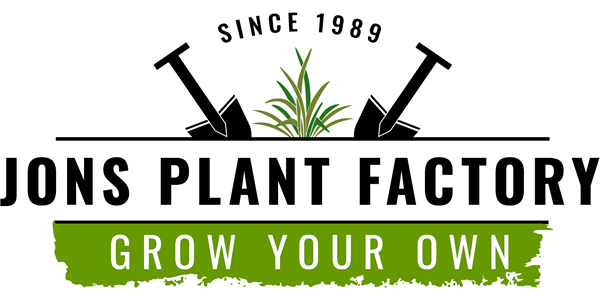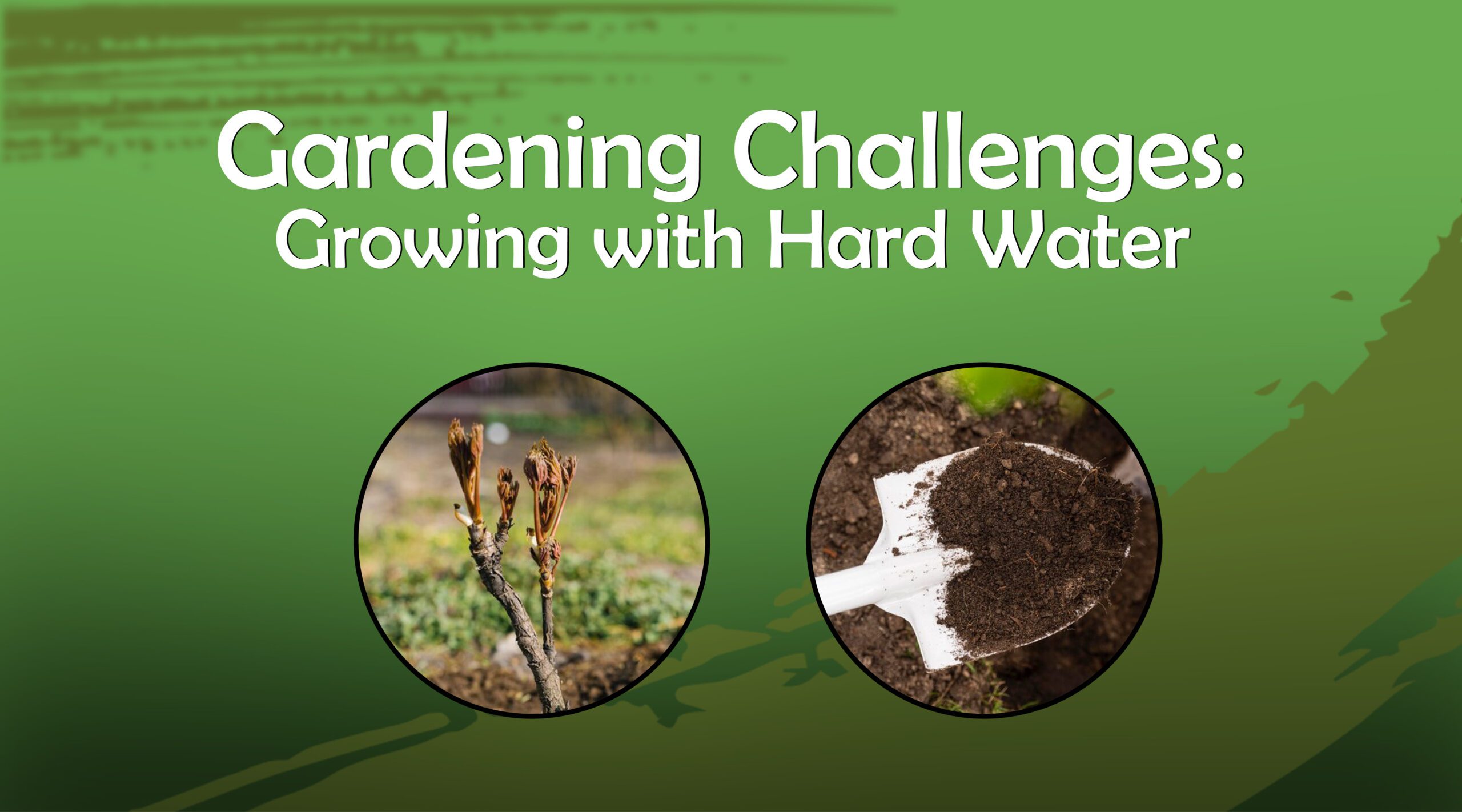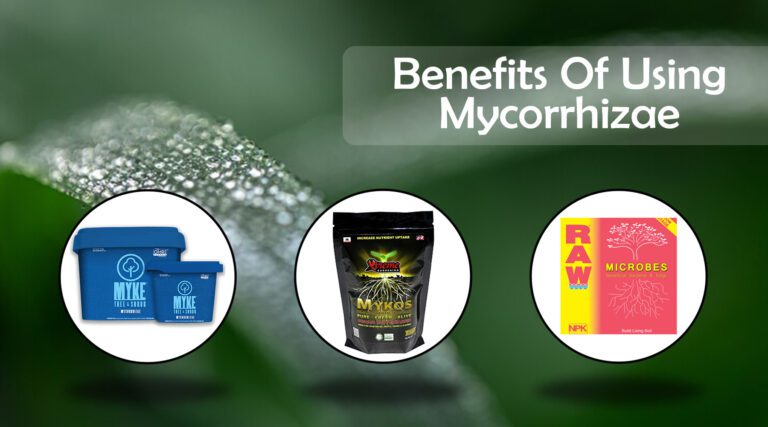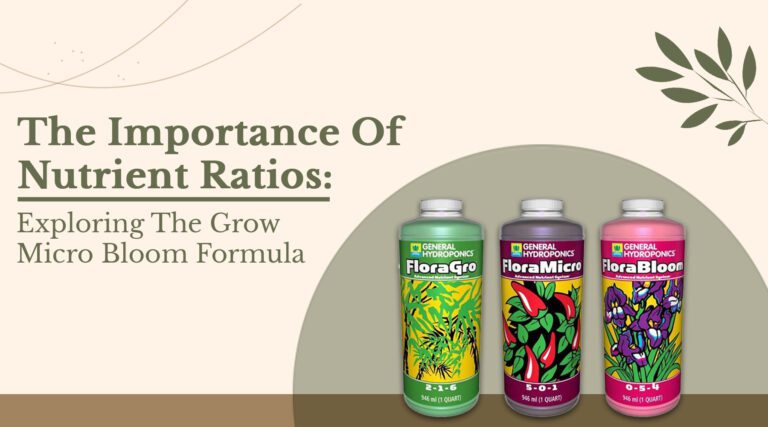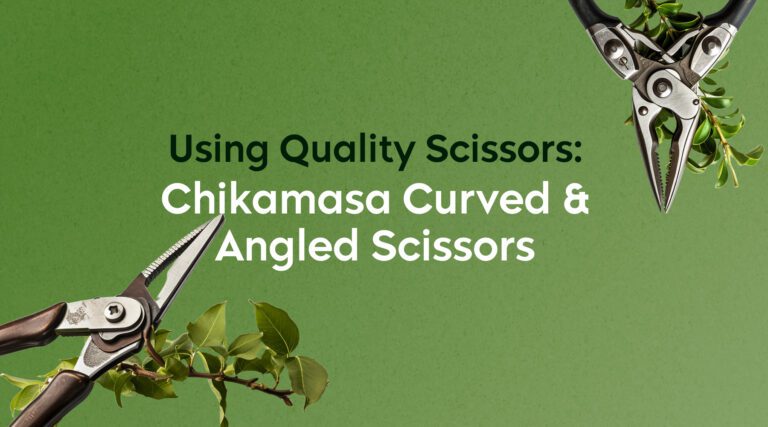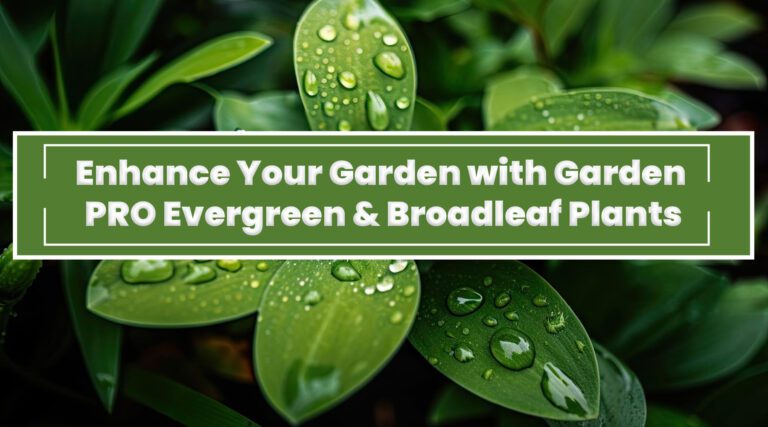Gardening Challenges: Growing with Hard Water
Hard water may be very problematic for gardeners since it can affect the growth and health of plants in several ways. It is essential to understand its consequences and learn how to lessen them to maintain a healthy garden.
In this guide, we’ll explore what hard water is, how it affects plants, methods to test water hardness, signs of its impact on plants, and practical solutions for gardeners facing this issue.
How Does Hard Water Impact Plants? What Is Hard Water?
Hard water contains high concentrations of minerals like calcium and magnesium. While these minerals are not harmful to human health, they can adversely affect plants over time. When plants are watered with hard water, these minerals accumulate in the soil. This accumulation can lead to several issues:
- Nutrient Deficiency: Excessive calcium and magnesium can hinder the uptake of essential nutrients like phosphorus, potassium, and iron by plants, resulting in nutrient deficiencies that manifest as stunted growth and yellowing leaves.
- Soil pH Imbalance: Hard water tends to be alkaline, which can gradually raise the pH of the soil. This alkalinity makes it difficult for plants to access certain nutrients, leading to stunted growth and yellowing leaves.
- Root Damage: The buildup of mineral deposits in the soil can create a crust on the surface, inhibiting water penetration and root development.
How Do I Find Out If My Water Is Hard?
Testing the hardness of your water is straightforward and can be done using test kits available at garden centers or hardware stores. These kits typically measure the concentration of calcium and magnesium ions in the water. Alternatively, you can send a water sample to a laboratory for more detailed analysis.
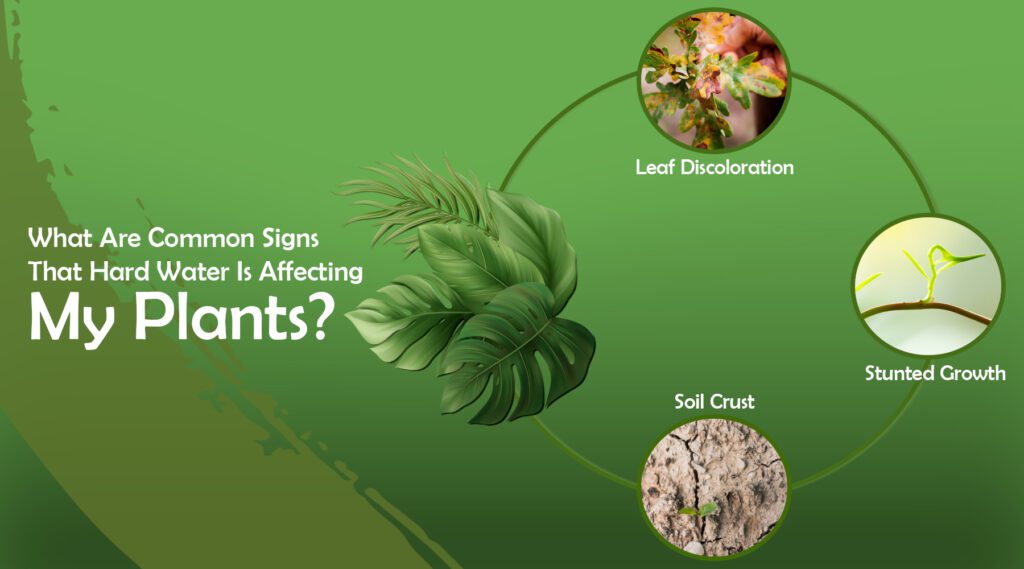
What Are Common Signs That Hard Water Is Affecting My Plants?
Identifying the signs of hard water impact on your plants is essential for timely intervention:
- Leaf Discoloration: Yellowing or browning of leaves, especially at the tips and edges, can indicate nutrient deficiencies caused by hard water.
- Stunted Growth: Slowed growth or lack of vigor in plants despite adequate care and nutrition.
- Soil Crust: Formation of a white crust on the soil surface, which hinders water absorption and root growth.
Observing these symptoms allows you to take corrective measures promptly to prevent further damage to your plants.
Practical Solutions for Gardening with Hard Water
- Watering Techniques:
- Use rainwater or distilled water for sensitive plants or areas where hard water impact is severe.
- Install a water softening system to reduce mineral content before it reaches your garden.
- Soil Amendments:
- Incorporate organic matter like compost into the soil to improve its structure and nutrient availability.
- Use acidic amendments such as peat moss or pine needles to counteract the alkalinity of hard water.
- Plant Selection:
- Choose plants that are tolerant of alkaline soil conditions and less sensitive to nutrient imbalances caused by hard water.
By understanding these challenges and applying suitable solutions, gardeners can create an environment that supports robust plant growth and overall garden health despite the presence of hard water.
Navigating the challenges of gardening with hard water requires awareness, proactive testing, and thoughtful adjustments in gardening practices. By understanding the effects of hard water on plants and implementing suitable solutions such as alternative watering methods and soil amendments, you can create a healthier environment for your garden to thrive.
Ready to tackle hard water challenges in your garden? Explore our selection of gardening tools and resources designed to support your gardening journey. Visit Jon’s Plant Factory to learn more and shop now.
FAQs
1- What is Hard Water, and How Does it Affect Plants?
- Hard water contains high concentrations of minerals like calcium and magnesium. When used for watering plants, these minerals can accumulate in the soil. This accumulation can lead to nutrient deficiencies, soil pH imbalance (alkalinity), and hindered root development due to mineral deposits.
2- How Can I Test if My Water is Hard?
- You can test water hardness using kits available at garden centers or labs. These kits measure calcium and magnesium levels in the water, helping you determine if your water is hard and to what extent.
3- What Are the Common Signs That My Plants Are Being Affected by Hard Water?
- Signs include yellowing or browning of leaves, stunted growth, and the formation of a crust on the soil surface. These symptoms indicate nutrient deficiencies and poor soil structure caused by hard water.
